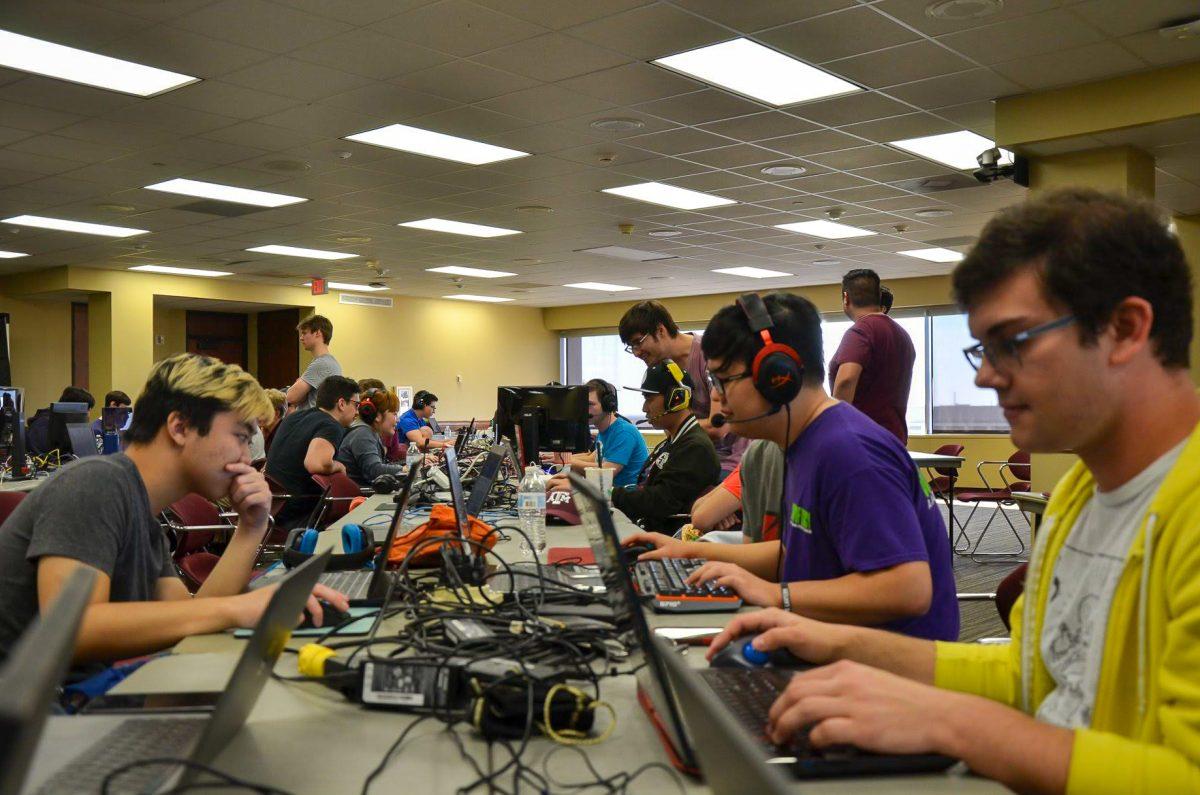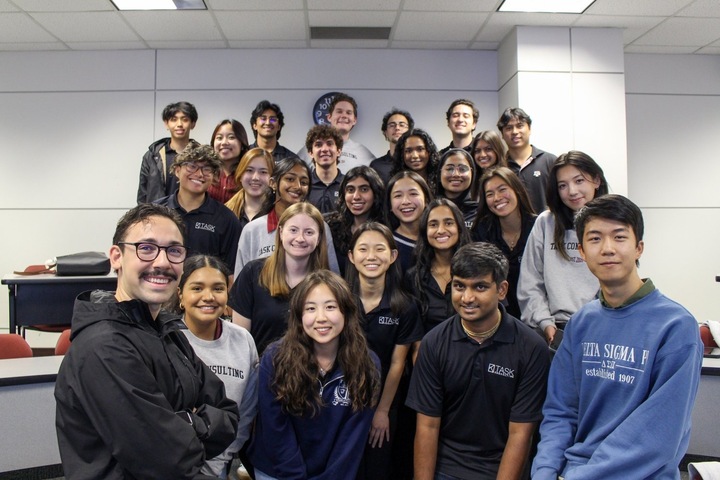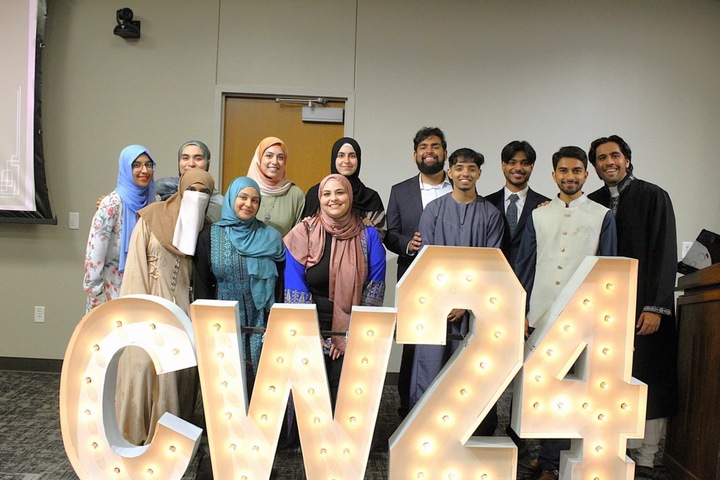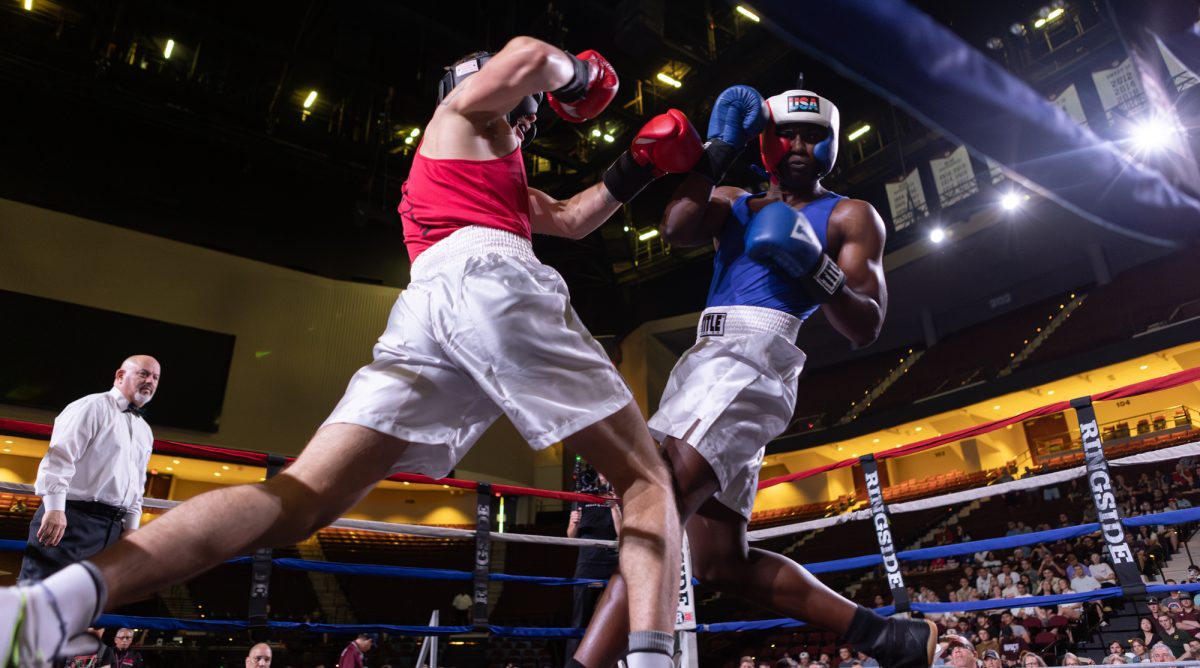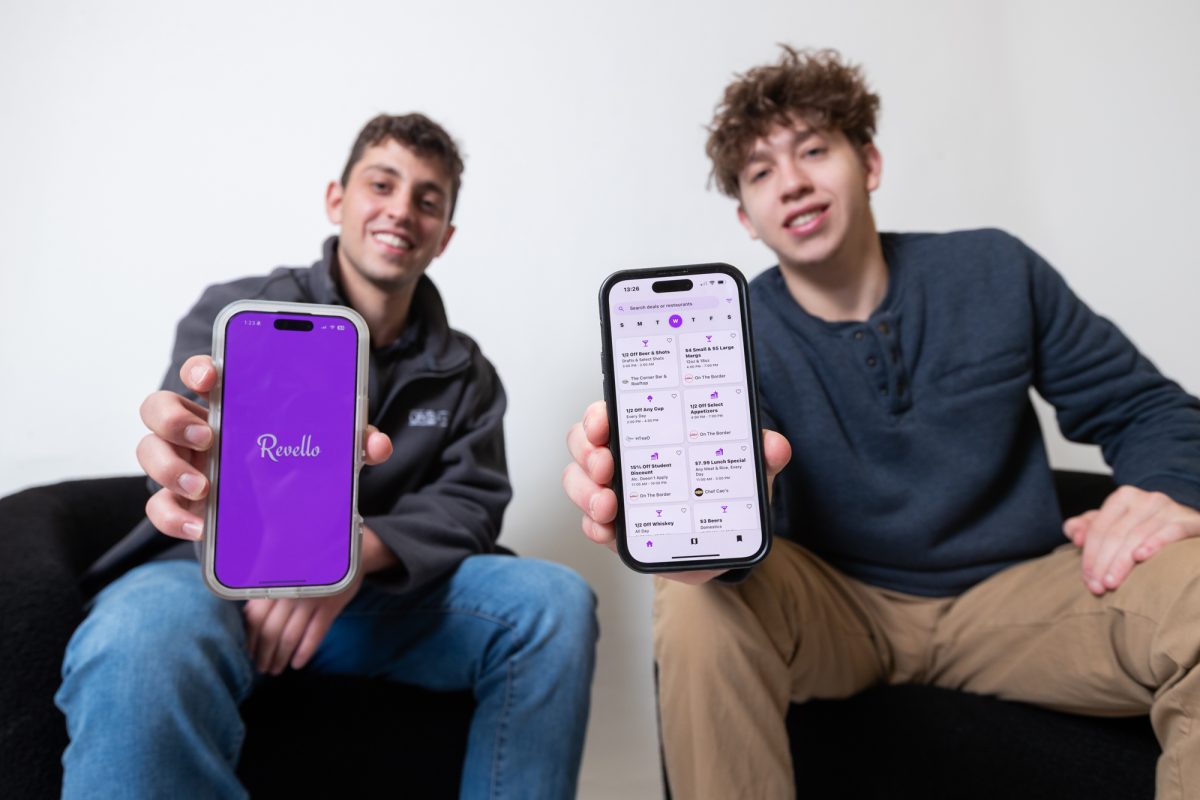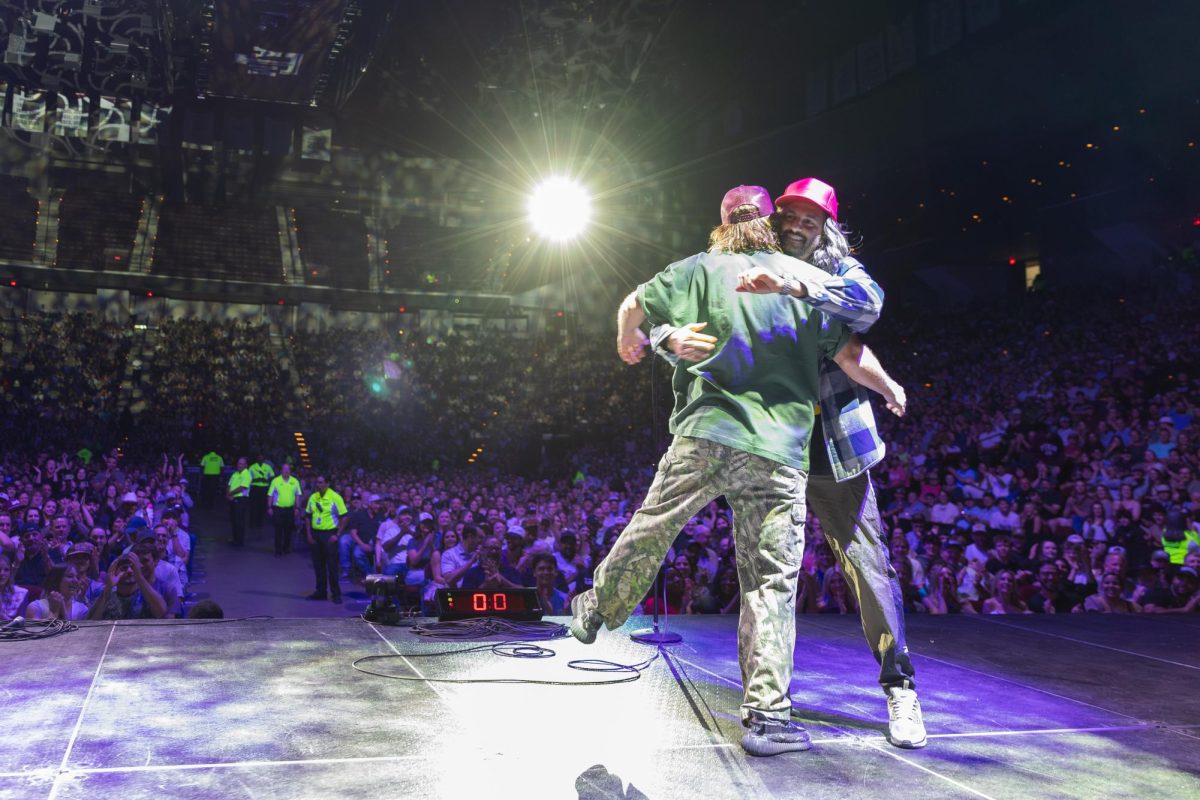Established in 2013, the Texas A&M Esports team continues its growth and is building a welcoming community.
Officers of the A&M Esports team discussed their roles in the organization and their passion for it.
Peter Rodenberg, president of A&M Esports and supply chain management senior, assumed his role last spring and said he has maintained a full-time job as an accounts intern for Tribe Gaming. Rodenberg said one side of Esports is laid back while the other is competitive.
“We are just a big community of people that play video games that want to do it together, whether it is watching professionals play and doing watch parties or just people hopping on playing whatever game,” Rodenberg said.
There is a range of popular games that the laidback side of esports leans toward, Rodenberg said. On the competitive side, A&M Esports helps sponsor, manage and run teams of different titles who compete against other collegiate teams across the country.
The organization has a total of 17 officers and has several dedicated members that bring together a community of people with the same interests, said Rodenberg.
“One of the facets in esports is people that play different games are kind of like micro-communities,” Rodenberg said.
Through industry connections, Rodenberg said he is thrilled to network and expand opportunities for A&M Esports and change perspectives regarding their team’s talent.
“My goal is [to show] a legitimate path into the industry,” Rodenberg said. “Giving students more knowledge and just… arming them with better tools to try and break into the space.”
The officers of Esports meet weekly or bi-weekly, and while the summer is more of a break for the officers, the heavy planning for fall events begins in August, Rodenberg said.
Looking forward to in-person events, Rodenberg said he is excited to give transfers and freshmen who were unable to attend events because of the pandemic a complete experience. A recent event hosted by A&M Esports lasted six to eight hours and had 144 attendees, Rodenberg said.
“If we want to run an event, we will either run something where there is a little bit for everybody, or we will focus it on a specific game,” Rodenberg said.
Communication junior Kayla Downing assumed her role as social media manager for Esports at the end of the spring semester and said she became more involved with the organization through a couple of friends. Downing said she manages the organization’s Facebook, Instagram and Twitter.
When it comes to the social media aspect and competitive side of esports, Downing said she loves to banter with other organizations for upcoming events and matches. Downing also mentioned how she felt about the stereotype of women in esports and how she got used to the snood comments.
“There are not a lot of women working in esports,” Downing said.
Patrick DeSpain, biology junior, is Texas A&M Rocket League president, which only recently merged with Esports. DeSpain said he reaches out to other teams and organizes “scrims” or scrimmages and different Rocket League events. Each Rocket League team has three people, and there are six competitive teams that have played in collegiate events the past two years, DeSpain said.
“There is a lot of support to this specific game, [Rocket League],” DeSpain said. “On a collegiate level, there is a lot of support as well; there are 34 schools in the west and 40 in the east that currently offer scholarships just for esports.”
University architecture studies senior Doug Simpson is on the main roster for Rocket League and said through his competitive drive, he landed in A&M Esports after he transferred in from Blinn.
Currently, Simpson said he and his team are in the main collegiate league, Division One, which is the highest top 12 teams out of hundreds that registered for qualifiers and guarantees a minimum of $365 for the last place competitor.
“We have a really good group as a whole in terms of Esports at A&M, and we are really striving to get on the map more,” Simpson said.




